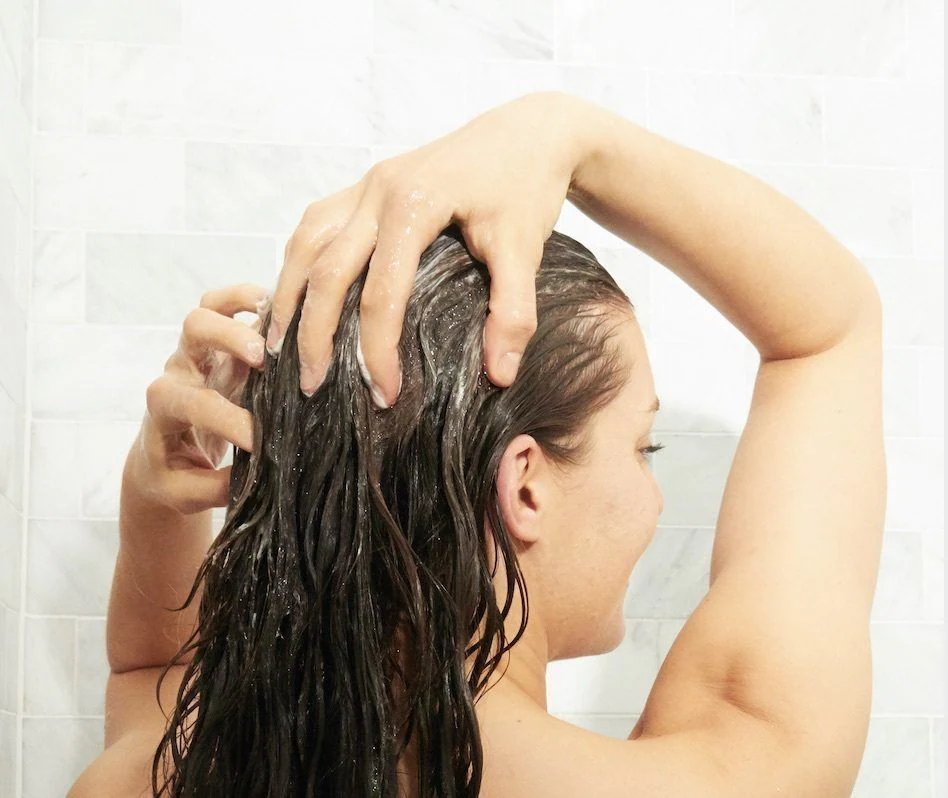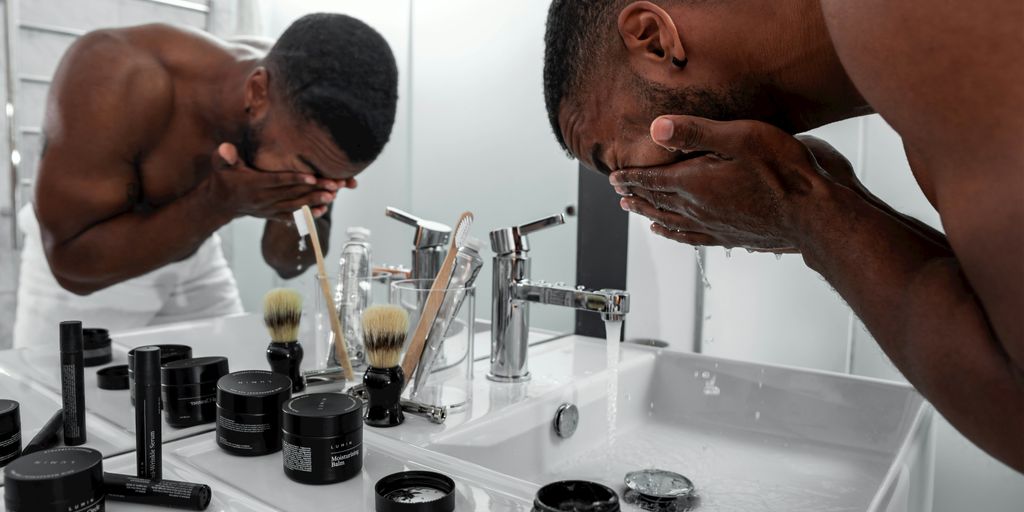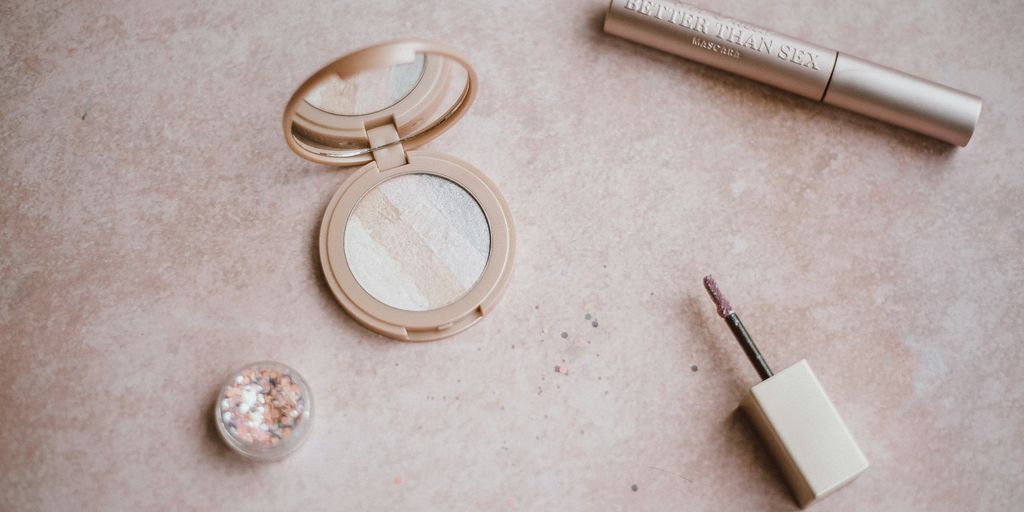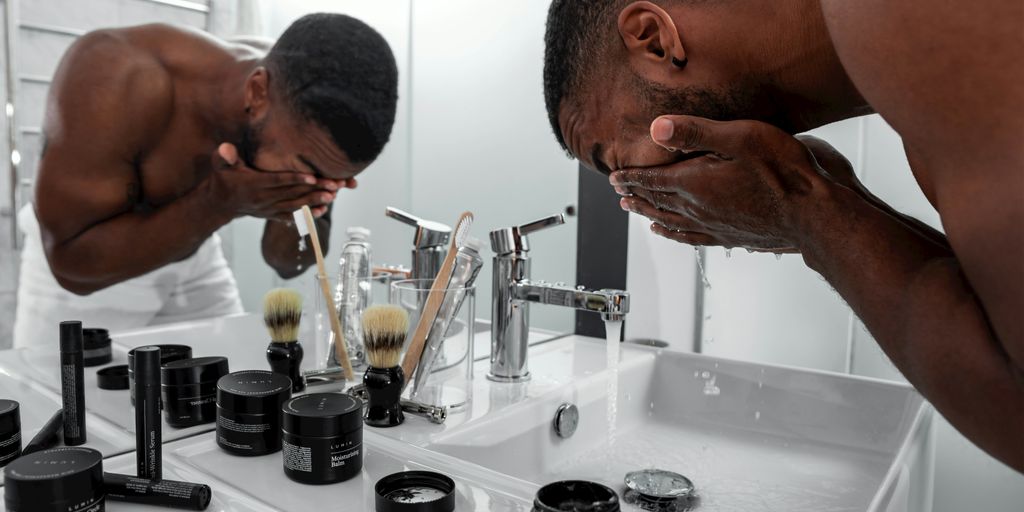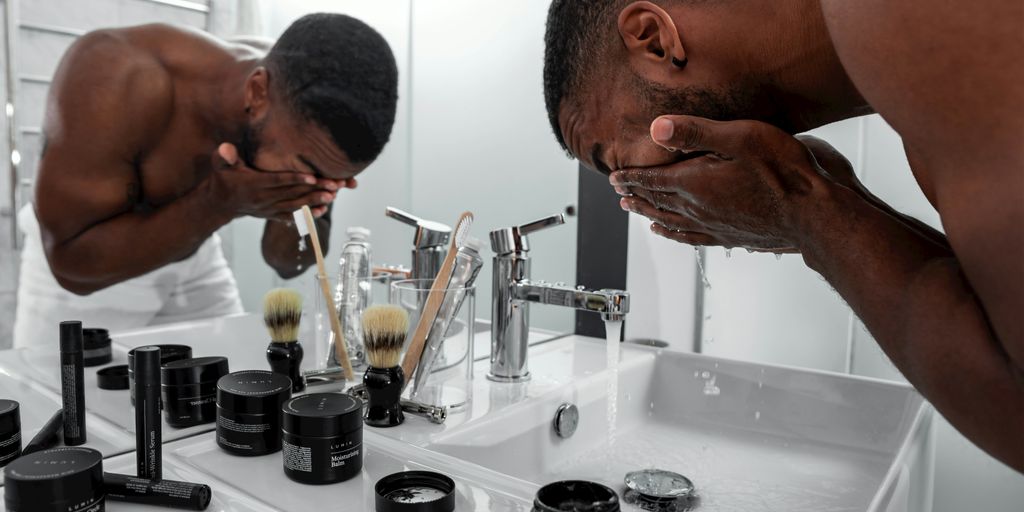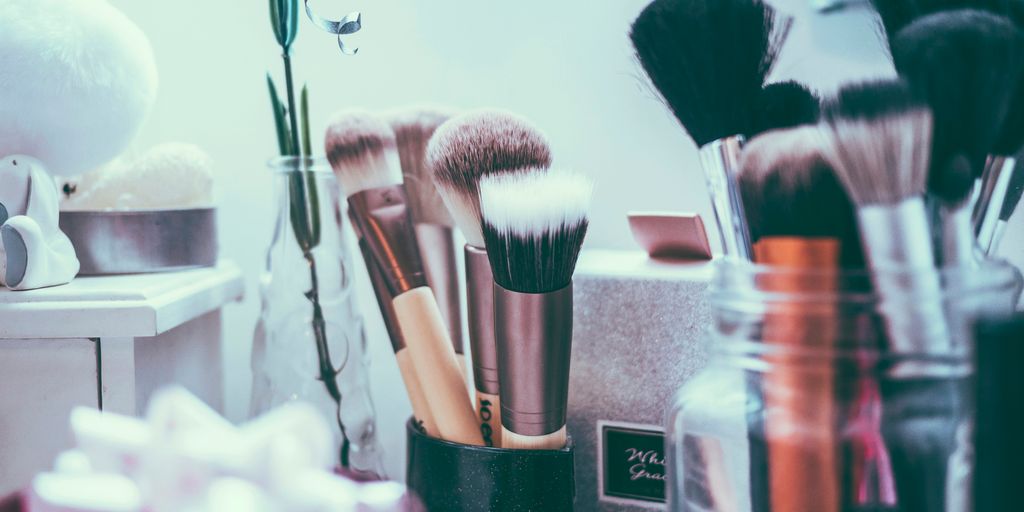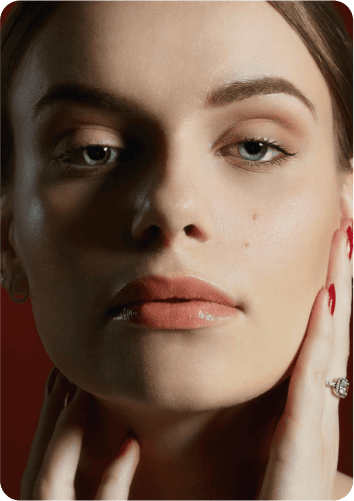Shampoos and conditioners have been a part of our haircare routine since the earliest. We have graduated from using soap nuts and have moved ahead with salon products to get soft, bouncy, and voluminous tresses. But hey- who said dreams don’t have a dark shadow side?
It’s unfortunate that many fan-favorite shampoo brands have a highly toxic ingredient list. You’d ask why we have to crib about how everything on the market. Well, for starters- pointing out what is clearly wrong, unethical, and unhealthy is not cribbing. Secondly, these chemical agents are not only bad for you but for the environment too.

In this article, we will elaborate on some of the most highly toxic shampoo ingredients to avoid. These ingredients can also be found in hairsprays, hair creams, and hair dyes, besides shampoos and conditioners.
While this list isn’t exhaustive, even being aware of what some of them do can help you in making a wise choice. Read the labels and the brand websites to see if your haircare product ensemble is free of these ingredients or not.
The 12 Shampoo Ingredients to Avoid for Better Hair
Sodium Laurel Sulfate (SLS)
SLS has been around in shampoos ever since the 1930s. If you have enjoyed making weird hairdos in the shower with shampoo lather, it was due to SLS. Short for Sodium Laurel Sulfate, SLS is a common surfactant. You might find it in:
- Shampoos
- Conditioners
- Toothpastes
- Shower Gels
- Sunscreens and body lotions
- Lip Balm
- Hand Sanitizers
- Shaving creams
SLS can also be found in some edible products. The Food and Drug Administration has also deemed it as an additive safe for human use. Organizations such as the American Cancer Society and the International Agency for Research on Cancer have attested that SLS does not cause cancer as several other sources claim.
But if it is largely safe, why it has been featured on this list?
The reason you should be wary of SLS is its concentration in products and its reaction to your hair. Turns out, not every hair type reacts well to SLS and it can be too strong for some people. If you have been struggling with persistent skin allergies like rosacea or eczema, you should use a sulfate-free formula. Sulphates can irritate sensitive skin, besides severely damaging dry or fine hair. If you are wondering why is your hair so frizzy, maybe you should switch to sulphate-free shampoos and conditioners.
For a more authoritative voice on the matter, watch this mini vlog by hairstylist Mike deCanter:
Formaldehyde
Formaldehyde is a known carcinogen often present in shampoos and other hair products. If the Big C alert isn’t enough to induce a literally hair-raising reaction, here’s something more.
It can cause acute dermatitis, more commonly known as common skin irritation. The trickiest part about finding formaldehyde is that it isn’t directly added to shampoos. Instead, formaldehyde is released by the numerous preservatives in the formula that destroy the contaminants and pollutants in your hair. It also gives a longer shelf life to shampoos. Even edibles such as apples, pears and meat contain this compound, but again, its harmful extent depends on its concentration.
Parfum
Hair that smells like strawberries and cream might be your favorite, but the scent might wreak havoc on your health. Artificial fragrances in shampoos are often generated by a strong reaction between several chemicals. A class of additive perfumes is labeled as Parfum on the bottles.
In case you were wondering if there is real grapefruit in those haircare products, we hate to break it to you, but it’s just a crazy concoction of scary-sounding chemicals.
Artificial scents can permeate your scalp and can create the perfect breeding ground for cancer. Your skin can absorb up to 60% of the products you slather on it, which is why you should stay away from scents, no matter how appetizing they are. Besides, it can make your hair extremely brittle and can cause skin allergies since you are loading it with chemicals instead of natural scents.
The US Environment Protection Agency has already listed several harmful fragrances that should not feature in products like shampoos and conditioners. However, many brands and manufacturers continue to use chemicals to generate pleasant fragrances regardless.
Since artificial scents are quite dangerous for skin and hair health, we encourage you to go fragrance-free for the most part. In case you don’t want to compromise, try those shampoos that derive their scents from essential oils.

Phthalates
One of the most popular shampoo villains- phthalates gain their nefarious reputation due to a litany of reasons. Another tricky aspect about phthalates is that they are not a single category of chemicals, but are a whole class. They are often used as a gelling agent and preservative in hair care products.
As Wang and Qian go on to elaborate, phthalates can disrupt the endocrine system and can lead to multiple organ failures. While these serious health scares should be enough to warn you about why phthalates are harmful to you, other serious effects include:
- asthma
- nausea
- dizziness
- vomiting
- ADHD
- redness in eyes
- skin rashes
- damage to reproductive health and unborn fetuses
Dimethicone
Dimethicone is a silicon-based chemical that is common in moisture-locking shampoos and conditioners. It is the ingredient that leaves a waxy film on the hair, making it easier for you to detangle your locks after a wash.
Dimethicone is a popular emulsifier, but it also has counterproductive effects. According to Memorial Sloan Kettering Cancer Center, Dimethicone can irritate the skin and can cause blisters, rashes, and skin peeling. It can also lead to respiratory ailments like wheezing and a feeling of tightness in the chest.
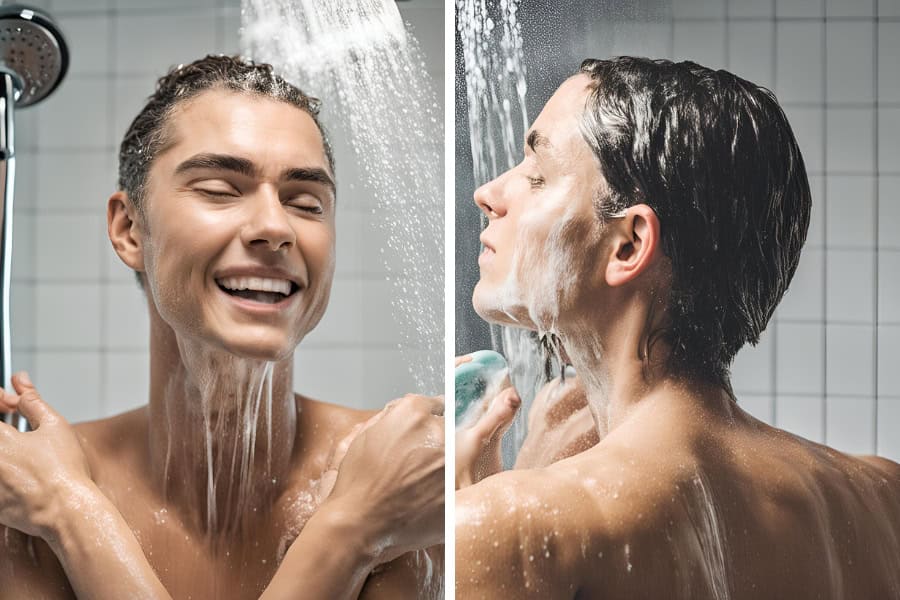
Since it is not soluble in water, this chemical can stay for a long on your hair and might be difficult to get rid of. The waxy build-up can lead to dimethicone-induced hair loss as it repels moisture. The result is brittle hair with broken ends. It can also clog pores on the scalp, which is also why you need a cleansing wash after using dimethicone-rich products on your hair.
Parabens

As always, if we are not featuring Parabens in the list of known haircare baddies, we might as well give up writing about healthy haircare. Several brands such as Ethique and Peach, not Plastic have chosen to go paraben-free and for good reason.
Parabens are preservatives used to increase the shelf life of haircare products and protect them against fungi.
There are so many products with parabens that it might seem nearly impossible to avoid them. However, here is where the warning bells should start going off in your head.
Increased usage of paraben-rich products can lead to their accumulation in your system, causing an increased risk of breast cancer and harming reproductive tissues.
Since they mimic the functions of estrogen, parabens can also fudge the hormonal balance of your body. They also cause a significant degree of ecological harm, especially in marine ecosystems.
Quaternium-15

Quarternium-15 is a preservative commonly found in shampoos and releases formaldehyde. According to ScienceDirect, this chemical is a contact sensitizer, which means that it can cause allergic reactions when you come in direct contact with it.
Quarternium-15 is an antimicrobial agent and a strong surfactant that washes the grime off your locks. However, it can cause eye irritation and can lead to a flare-up in skin allergies.
Several studies like this also demonstrate that Quarternium-15 can also lead to skin burns and immunity to anesthesia. While these might sound like minor reactions to any chemical agent, quats can also induce life-threatening reactions such as cutaneous cell death that exposes you to cancer and necrolysis.
You can begin quitting the quats pronto by switching to more natural and gentle formulations. For instance, you can look for shampoo and conditioning bars that are not loaded with harmful surfactants.
Butylate hydroxytoluene (BHT)
BHT or Butylate hydroxytoluene is a common stabilizing agent that shields your shampoo from any change in odor, color, and texture. However, with the recent tide of assessing the safety of the ingredients present in hair care products, experts have pointed out that BHT is indeed a toxicant.
There have been several concerns related to BHT being an endocrine disruptor and affecting sperm quality in men. While there is more to discover about what BHT can actually do and to what extent, it’s widely agreed that the chemical can also lead to:
- Damaging the protective outer layer of cells
- Long-lasting toxic effects on lungs and kidneys
- Severe skin burns
- Eye irritation
- Reproductive toxicity
- Respiratory irritation
Consuming or applying high concentrations of BHT can be harmful to skin and organ health.
Besides shampoo, BHT is also used in snacks as a preservative. In order to avoid its harm, you can try ditching products with BHT on the label, but if it seems unavoidable, you can ensure that the concentration is approved by the US FDA.
Triclosan
Triclosan is added to shampoos to arrest the growth of stray bacteria and mold in shampoos. This additive is commonly found in a wide range of kitchen supplies, body washes, toothpaste, and furniture, besides shampoos.
The reason why we have featured Triclosan in this list is its potential to be a carcinogenic agent. The research is still going on to give more credence to the claim
On top of that Triclosan has been linked to endocrine disruption, just like quarternium-15, and can also contribute to allergen sensitivity.
Pregnant women are especially vulnerable to it as Triclosan has been reported to have a negative effect on good gut bacteria.
Triclosan overuse can also lead to antibiotic resistance. Given that the skin absorbs up to 60% of the chemicals it is subjected to, you can easily picture how Triclosan can permeate the bloodstream and wreak considerable havoc if we go over the board with it.
Consumers need to tread carefully when shopping for haircare products and other merchandise as Triclosan has no proven benefits, but the risks it poses outweigh them.

Retinyl Palmitate
Retinyl Palmitate has been doing the rounds as another highly toxic ingredient used in shampoos and conditioners.
It is essentially a gentler version of retinol, which is used in hair products.
But hey, didn’t all those skincare blogs tell us that we should begin using retinol in our 20s for glowing skin? What’s wrong with retinyl palmitate if it is softer than retinol?
The problem again is concentration levels. Since it has gentle effects, retinyl palmitate is used excessively in shampoos.
This can lead to vitamin A poisoning that can manifest in brittle nails, drying hair, and weaker bones that are prone to frequent breakage and also, and liver damage. An FDA study suggested that retinyl palmitate can lead to skin tumors if applied in sunlight.
Also, you would like to drop products with retinyl palmitate if you are allergic to retinoids in general.
While we would recommend you avoid this chemical, it would be great if you use sunscreens as a protective barrier in case you can’t do without retinoids in your skincare and haircare routine.
Toluene
Apart from shampoos, toluene is found in hair dyes and nail varnishes and can be another highly toxic agent present in cosmetic products. Regular exposure to toluene can lead to respiratory complications, reproductive damage, dizziness, and nausea.

Mostly derived from crude oil, Toluene is a thinning agent. Several medical studies investigating its effects have also determined that toluene can cause organ failure, nervous system malfunction, hearing and vision damage, and temporary memory loss.
The US EPA has also designated it as a respiratory toxicant due to the fact that it can cause respiratory tract irritation and malignant cancers
Expectant mothers should stay away from toluene vapors as they can damage the fetus.
Since it is a highly toxic chemical, you can try finding alternatives that do not contain it. If you are in a salon, check twice with your hairdresser if the products they are using contain it. If they do, consider bringing your own safer products for a hair pampering sesh.
How do These Chemicals Harm the Environment?
Several of the aforementioned chemicals can spell doom for the planet. Just like they wreak havoc in human organ systems, high concentrations of chemicals such as parabens can also be detrimental to several organisms. For instance, parabens have been linked to coral bleaching. Shampooing more often results in more chemical rinse-off. The chemicals often persist even when diluted significantly and can lead to marine pollution.

Animals and other organisms in aquatic habitats are vulnerable to chemical poisoning. A high concentration of chemicals can also cause hormonal imbalance in mammals. Even wastewater treatment plants might not be equipped well enough to treat these chemicals and reduce their toxicity. Besides water pollution, these chemicals also emit fumes that can contribute to air toxicity levels.
The menace, however, is not the result of ingredients alone. Even plastic packaging can deal a lot of damage to our ecosystems. Single-use plastic bottles end up in oceans and landfills. These can be consumed by unassuming animals and can choke them to death. Hence, we should try turning a new leaf and make conscious choices.
The Importance of Going Planet-Positive
In the wake of the damage we have been wreaking, we should try to embrace planet-positive choices in our beauty routines. A huge chunk of the market is infested with chemically loaded shampoos that are harmful. This is why, to protect our environment from our mindless indulgences, we should engage in more mindful habits such as:
Washing Hair Less Often
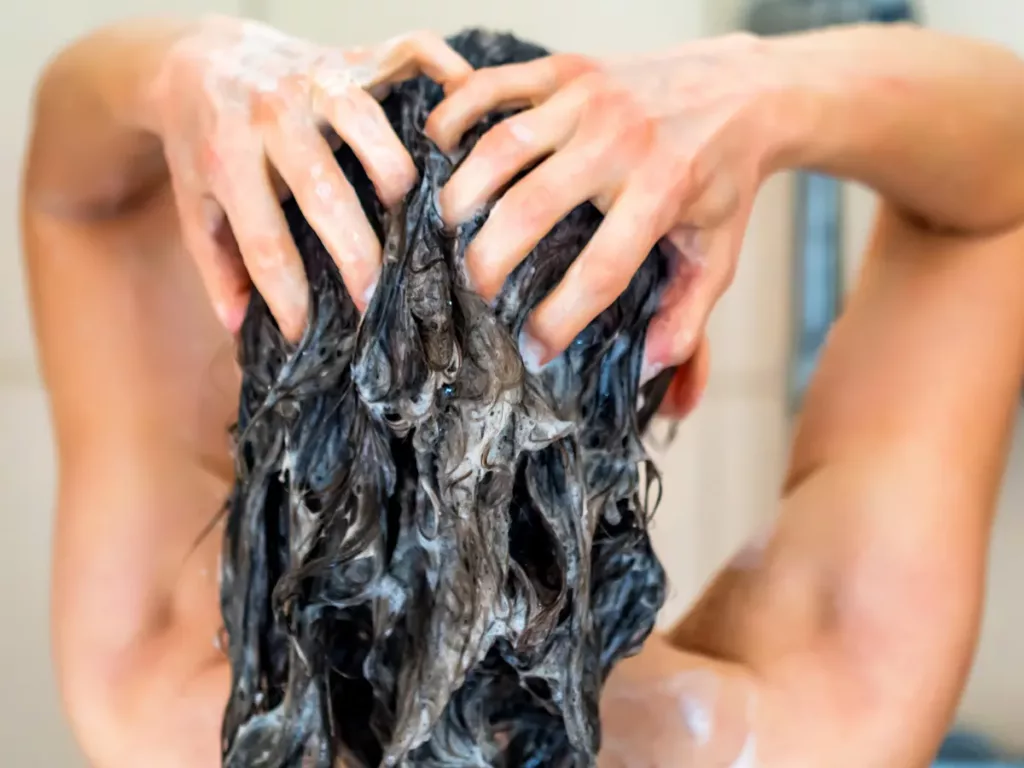
Reduce the frequency of hair washes. There are more ways to take care of hair. The caravan does not stop at washing hair. This also doesn’t mean that you should give up washing your hair entirely. Doing it unnecessarily can actually strip your hair and scalp of essential oils necessary for healthy hair growth. Being greasy is one thing, but being wasteful is another- which is what you shouldn’t be.
Read the Ingredient List
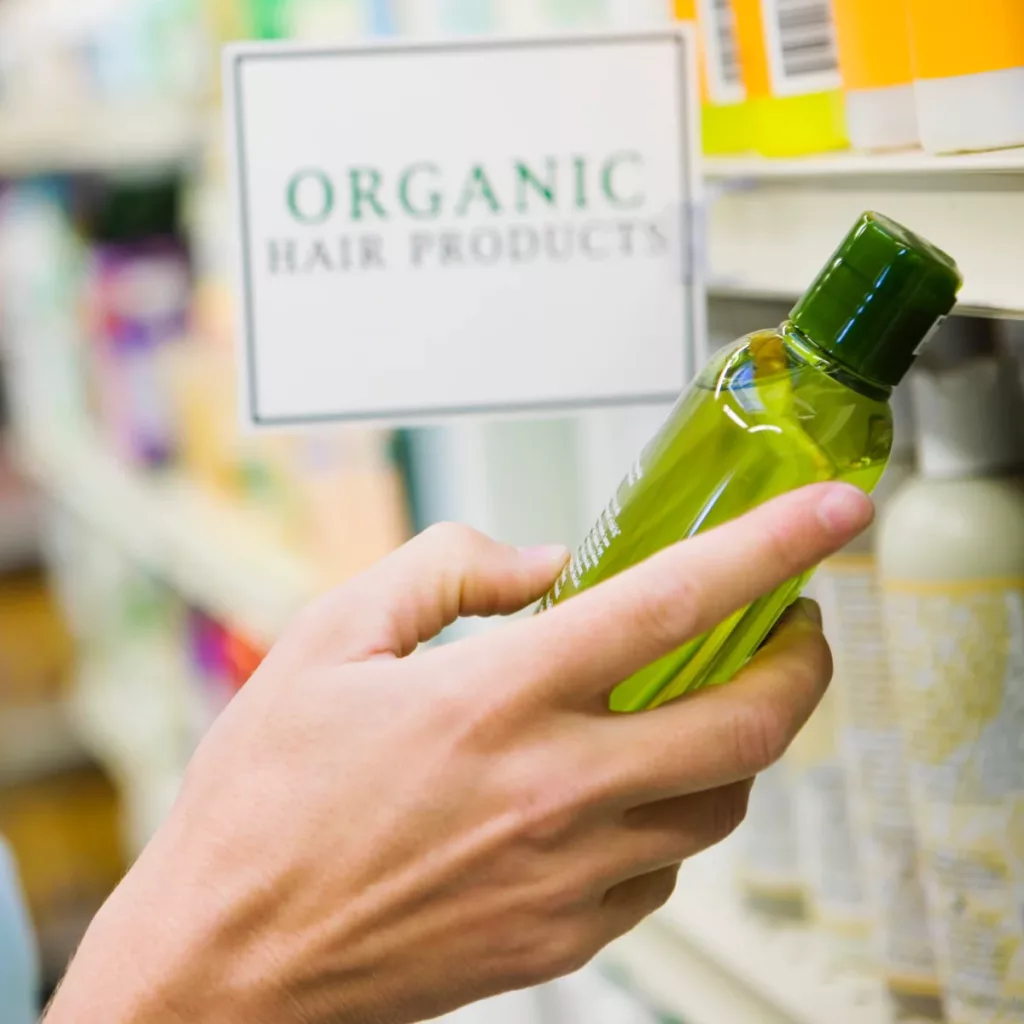
Try looking for healthier haircare alternatives that do not have these ingredients on the labels. This will require a fair bit of reading and research since what works for someone might not work for another. Yet, it is good to avoid what seems potentially threatening to you. As the new age adage goes- if you won’t eat it, don’t put it on your skin.
Go Cruelty-Free
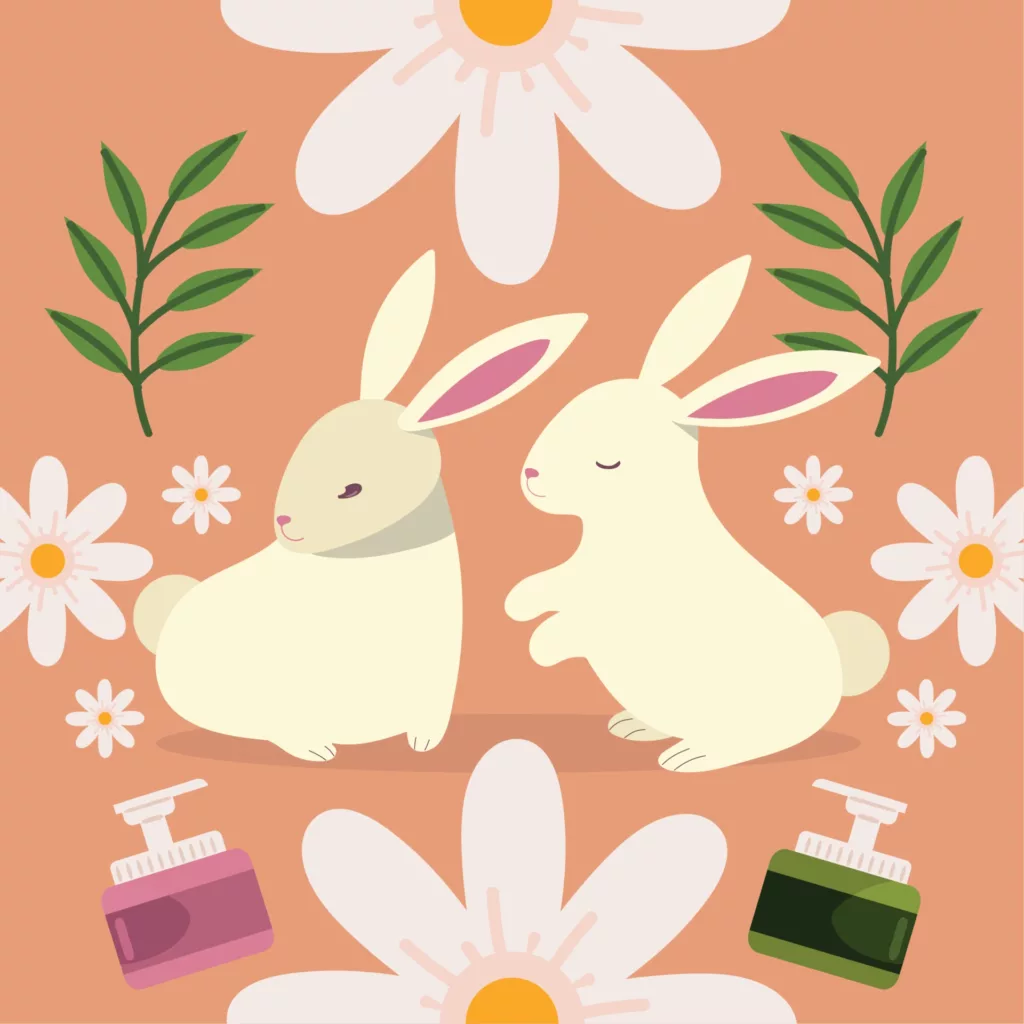
There are many ethical issues pertaining to product testing on animals. You can avoid these atrocities by going cruelty-free. Buy from companies that are certified vegan, organic, and Leaping Bunny certified. Gentle formulae spare animal lives but they are also much healthier for you.
Encourage Brands to be Transparent

Going planet positive begins with brand transparency. Don’t hesitate to ask brands about their policies and ingredient lists. Several brands put their entire ingredient list on their websites. But in case they don’t. drop them a mail or do some more digging about their products. It is also important for brands to step up and acknowledge their responsibility in making safer cosmetics.
Ecowiser’s Take on Shampoo Ingredients to Avoid
Shampoos have become an essential part of our routine. However, they are not without their respective harms. Watching out for the mentioned ingredients won’t only help you save your scalp and skin, but also the environment.
Harsh formulations might be the beauty industry’s standard way to haircare, but we know that we can do better without ingredients that aren’t even needed in the first place. We say that you can do just as well without these haircare villains and should avoid them at all costs.
For more recommendations on how to adopt a cleaner and safer haircare routine, you should visit our blog for our curated picks for the safest and most sustainable eco-friendly conditioners and dry shampoos.
We also recommend you download our Chrome extension for handpicked recommendations for your conscious shopping cart as well as attractive discount coupons for your purchases. Make your green impact with Ecowiser today and nourish yourself with the most planet-positive goodies in every aspect.
